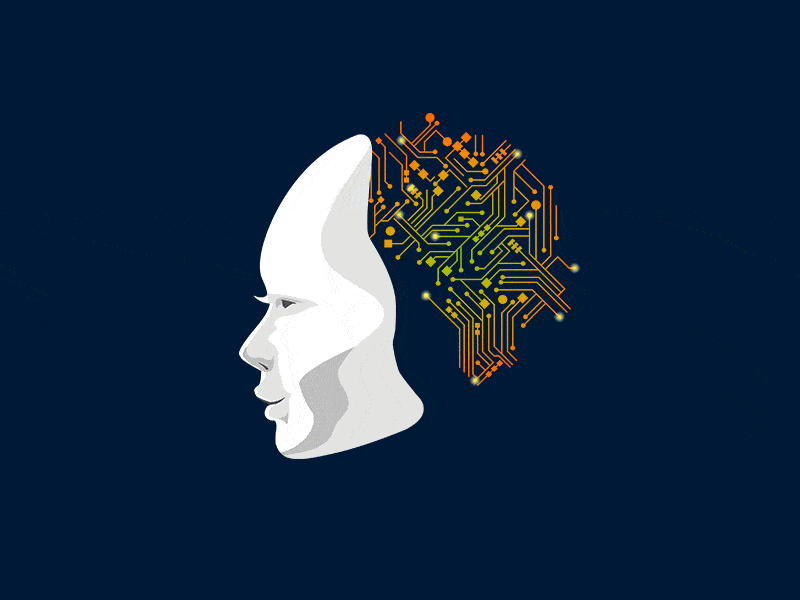
Decentralized Clinical Trials (DCTs): The Future of Patient-Centric Research
In the evolving landscape of clinical research, Decentralized Clinical Trials (DCTs) are reshaping how studies are conducted—bringing research directly to the patient, rather than requiring patients to come to the research site. As healthcare systems worldwide aim to be more inclusive, accessible, and efficient, DCTs stand out as a transformative model that prioritizes patient-centricity without compromising scientific integrity.
What Are Decentralized Clinical Trials?
Decentralized Clinical Trials utilize digital health technologies—such as telemedicine, wearable sensors, mobile apps, and electronic health records—to conduct some or all trial-related activities outside of traditional clinical sites. Instead of requiring patients to travel to a central location, DCTs enable participation from the comfort of their homes, local pharmacies, or community clinics.
Key Features of DCTs:
-
Remote patient monitoring
-
Electronic informed consent (eConsent)
-
Direct-to-patient drug shipping
-
Tele-visits and virtual consultations
-
Use of mobile apps and wearable devices for data collection
Why Are DCTs the Future of Clinical Research?
1. Enhanced Patient Access and Diversity
Traditional trials often face recruitment challenges, especially among rural populations, the elderly, and underrepresented minorities. DCTs eliminate geographical barriers, enabling broader and more diverse participation—ultimately improving the generalizability of results.
2. Improved Patient Retention and Compliance
With fewer site visits and greater flexibility, DCTs reduce participant burden. This convenience often translates to higher retention rates, better adherence to protocols, and improved patient satisfaction.
3. Real-Time Data Collection and Monitoring
Advanced digital tools in DCTs allow continuous, real-time data capture. Investigators gain better insights into patient behaviors, treatment outcomes, and adverse events, all while maintaining participant safety.
4. Cost and Time Efficiency
Although initial setup may be resource-intensive, DCTs can reduce the overall costs associated with site management, travel reimbursements, and delays in recruitment or follow-up. Faster recruitment and real-time data access also contribute to accelerated timelines.
5. Resilience in Times of Crisis
The COVID-19 pandemic showcased the vulnerability of traditional trial models. DCTs offered a sustainable and adaptable solution, ensuring continuity of research during lockdowns and travel restrictions.
Challenges and Considerations
Despite their advantages, DCTs come with unique challenges:
-
Regulatory Uncertainty: Not all countries have clear guidelines on DCT implementation.
-
Data Privacy & Security: Digital platforms must be compliant with data protection regulations (e.g., GDPR, HIPAA).
-
Technology Barriers: Not all participants may be tech-savvy or have access to smart devices or the internet.
-
Training Needs: Investigators and study teams need to adapt to digital tools and remote patient management.
The Road Ahead: Hybrid Trial Models
While fully decentralized trials are gaining momentum, many sponsors are adopting hybrid models—blending traditional site visits with remote procedures. This hybrid approach offers the best of both worlds, balancing scientific rigor with patient convenience.
Decentralized Clinical Trials mark a paradigm shift in clinical research, emphasizing inclusivity, accessibility, and participant empowerment. As technology advances and regulatory frameworks evolve, DCTs will likely become the standard rather than the exception—driving innovation in drug development and, most importantly, bringing research to where the patients are.


























































